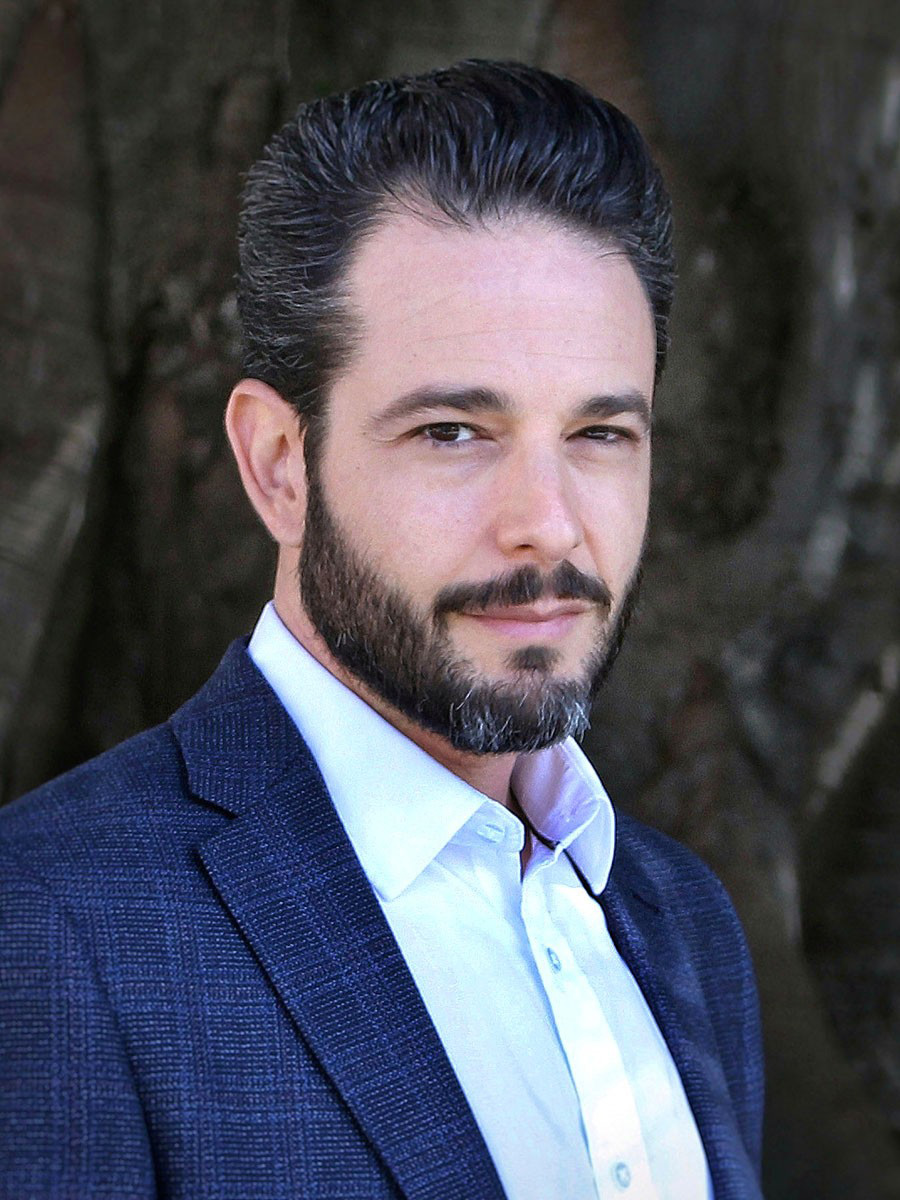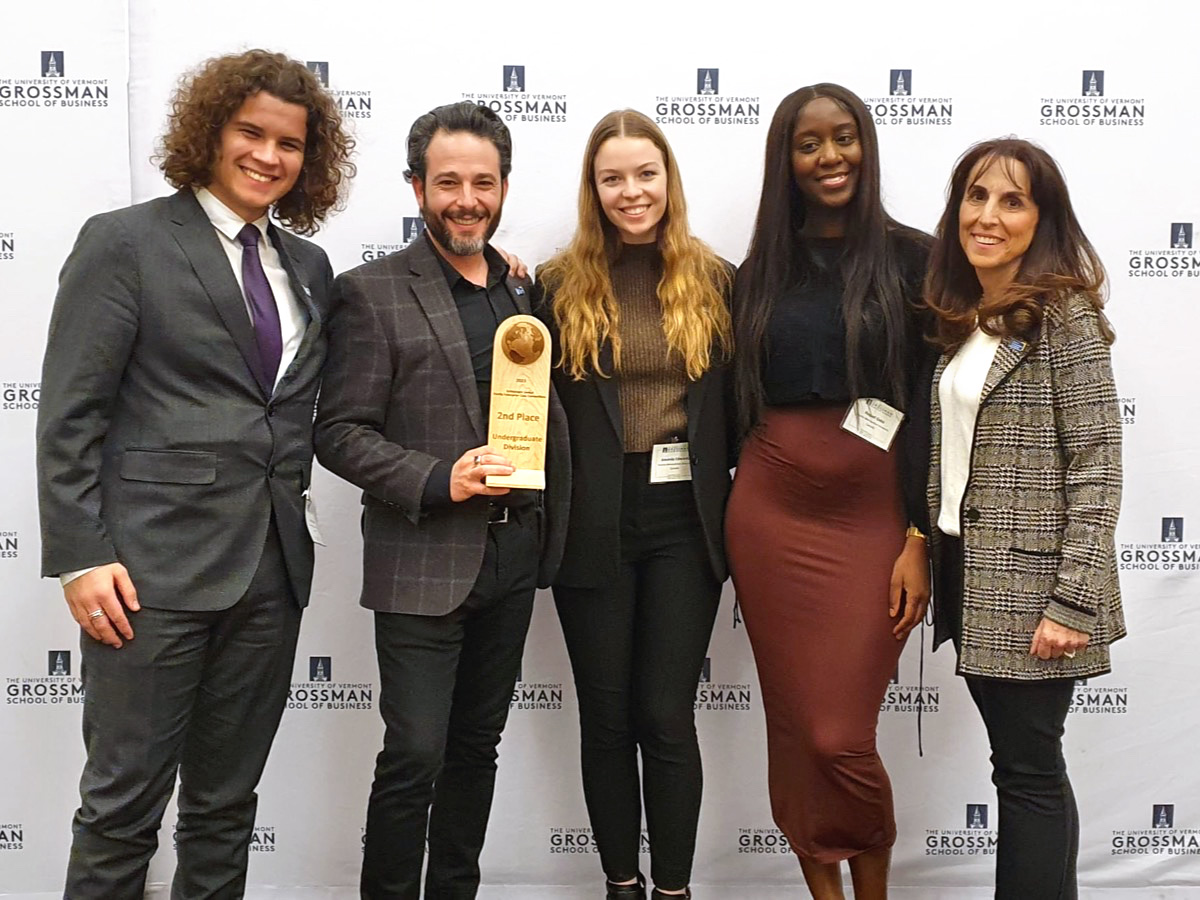Publications & Awards
In this section we will provide you with a general overview of the institute's accomplishments. Our members have gained significant recognition for their contributions to the field of family business consulting, education and research.
The Family Business Institute is an organization dedicated to providing expert guidance and resources to family-owned businesses.

Ted Rogers School Research Recognition Award
Congratulations to Dr. Francesco Barbera for being selected as a recipient of a 2022-23 Research Recognition Award for his scholarly endeavours to support the established, emerging, and context areas of research in Ted Rogers School (2022 May 1 - 2023 April 30).


The TRSM team came in second place at the 2023 Schlesinger Global Family Enterprise Case Competition (SG-FECC), hosted by University of Vermont. (From left to right: Jack Verster, Dr. Francesco Barbera, Amanda Edwards, Raquel Goka and Janie Goldstein)
Featured publication

On the Origin of a Successful Successor
"Where do credible, capable, and confident successors come from? In short, they evolve through a series of incremental developments over time. Evolution can be defined as a process by which entities grow or develop from simple to more complex forms. From a family business perspective, the continuing personal and professional development of the next generation of family business leaders [Next Gens] can also be seen as an evolutionary process. To succeed, young Next Gens must develop from child, to potential successor, and eventually to leader of the family business." Continue reading synopsis (external link) - Family Firm Institute (FFI).  Barbera, F., Bernhard, F., Nacht, J. & McCann, G. (2015). The Relevance of a Whole-Person Learning Approach to Family Business Education: Concepts Evidence and Implications (external link) . Academy of Management Learning and Education Journal 14(3), 322-346. doi.org/10.5465/amle.2014.0233
Barbera, F., Bernhard, F., Nacht, J. & McCann, G. (2015). The Relevance of a Whole-Person Learning Approach to Family Business Education: Concepts Evidence and Implications (external link) . Academy of Management Learning and Education Journal 14(3), 322-346. doi.org/10.5465/amle.2014.0233